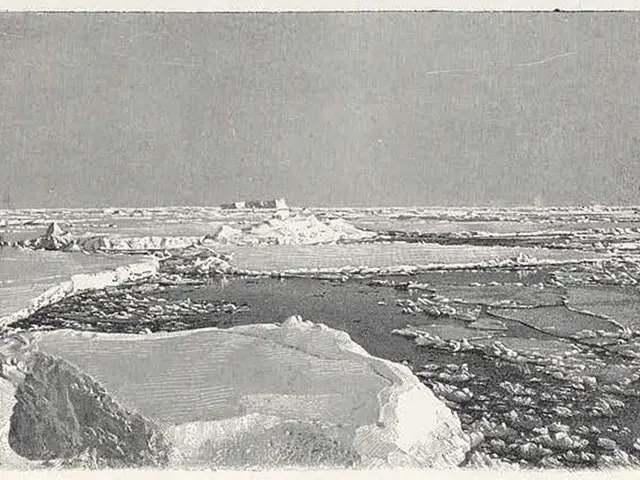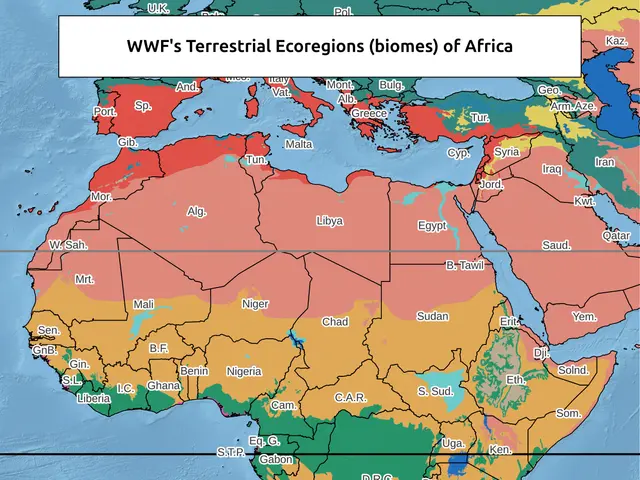Sochi's Seawater Temperature Hits +18 Degrees
Warm Times Ahead in the Black Sea and Azov Sea
Summers off the Krasnodar coast are heating up! The Black Sea and Azov Sea temperatures have been soaring, and here's what you need to know.
According to the Krasnodar Center for Hydrometeorology and Environmental Monitoring, the Black Sea waters have reached a balmy +21°C, with Tuapse, Novorossiysk, and Anapa leading the pack. Inland, Gelendzhik's waters are a touch cooler at +20°C.
Sadly, Sochi's beaches have been hit by heavy rains, resulting in treacherous roadways and flooding. Swimming in the sea is temporarily forbidden due to this. Keep that in mind if you're planning a trip!
On the bright side, the Azov Sea is experiencing even warmer temperatures. Eisk boasts a scorching +24°C, whereas Primorsko-Akhtarsk and Temryuk aren't far behind with +23°C and +22°C respectively.
Why the Sea Heats Up
Climate change, seasonal shifts, human activities, and geographic features all affect water temperatures.
- Global Warming: Increased greenhouse gas emissions cause the Earth's surface to heat up, with bodies of water like the Black Sea and Azov Sea feeling the effect.
- Natural Warming: During summer, sunlight and warmer air naturally increase sea temperatures. By July and August, temperatures are expected to climb even higher in 2025.
- Human Impact: Industrial activities, coastal development, and shipping can raise water temperatures through their influence on local ecosystems and the release of heat.
- Sea Characteristics: The Sea of Azov's shallowness makes it more vulnerable to rapid temperature changes due to its smaller water volume.
- Regional Weather Patterns: The Krasnodar region is experiencing hotter summers, which could impact sea temperatures. June, July, and August are predicted to be sunny and sweltering, reaching +28°C.
Stay safe and enjoy the warm seas!
- The rise in water temperatures in the Black Sea and Azov Sea could be due to global warming, a result of increased greenhouse gas emissions that cause the Earth's surface, including bodies of water, to heat up.
- As the Krasnodar region is experiencing hotter summers, it is worth noting that these weather patterns might also contribute to the heating of the Black Sea and Azov Sea waters, especially environmental science indicates that the latter's shallowness makes it more susceptible to rapid temperature changes due to its smaller water volume.








